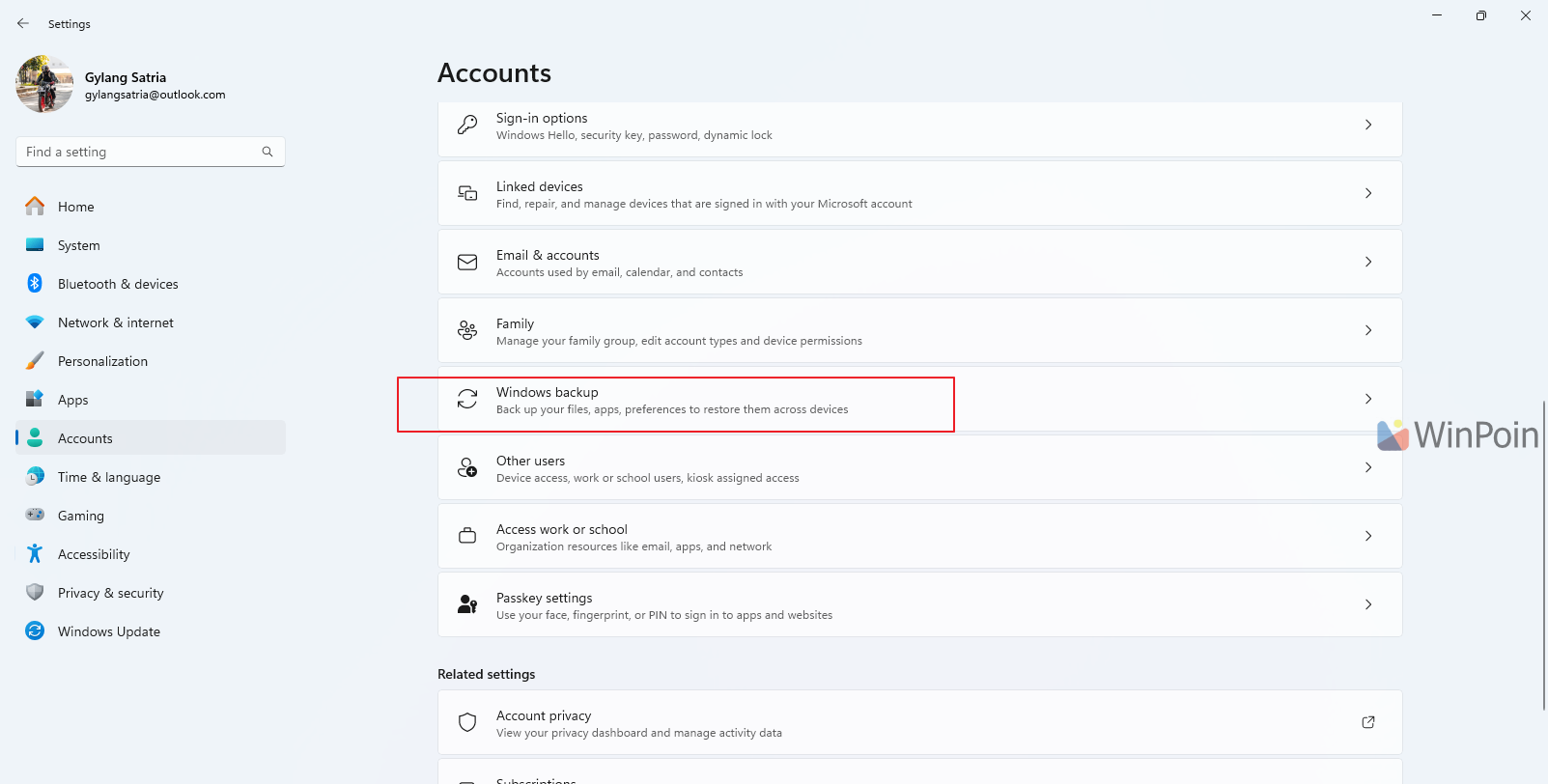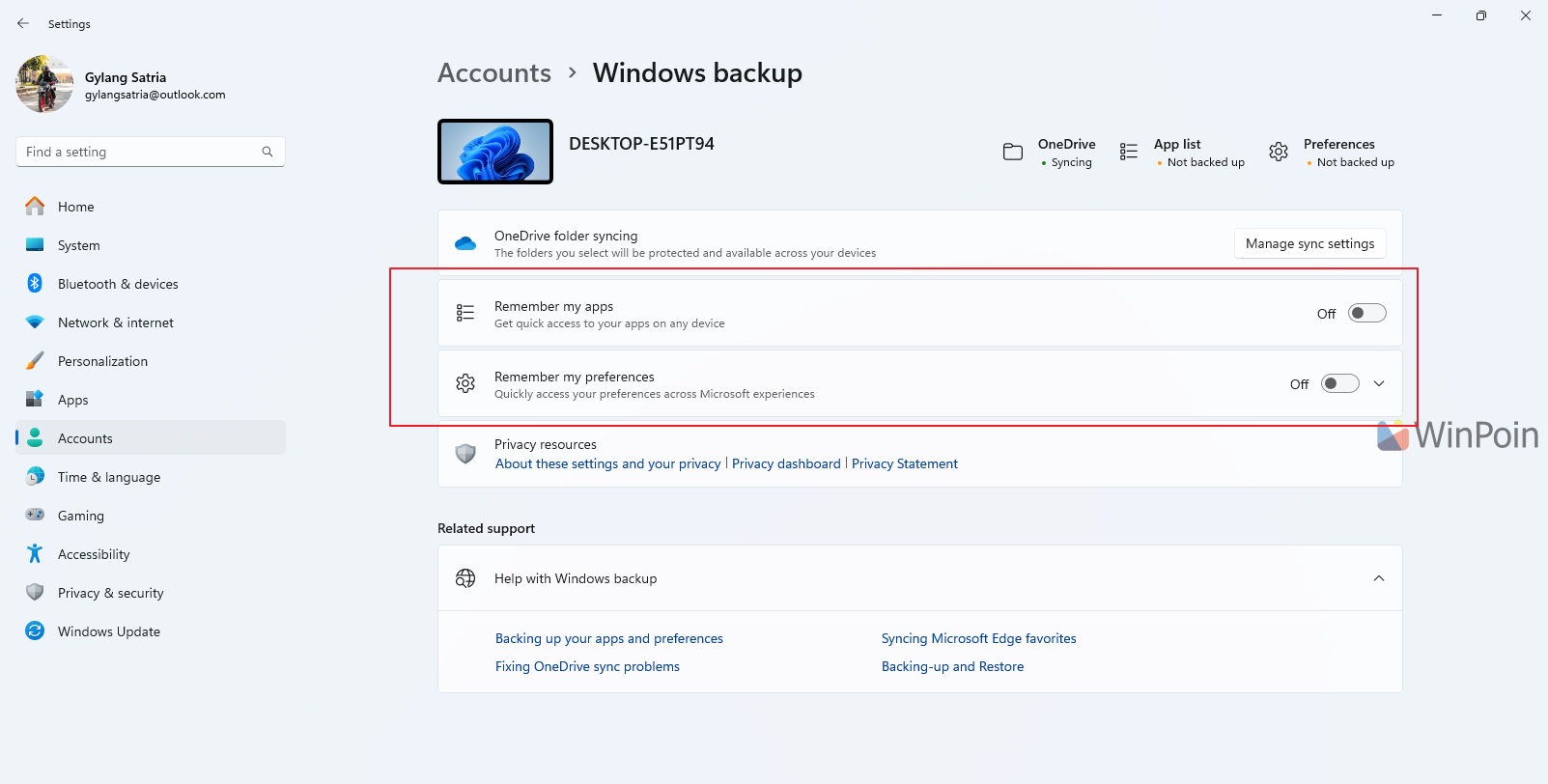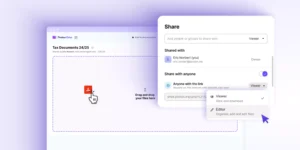One of the more frustrating applications included in the latest versions of Windows 10 and Windows 11 is Windows Backup, a backup tool that could be useful if your OneDrive storage capacity is substantial.
However, since it relies on OneDrive storage, users with the free 5 GB OneDrive plan often find this application less beneficial. Besides its storage limitations, its backup options are not as robust as third-party solutions like MiniTool ShadowMaker and similar tools.
Also Read: Review MiniTool ShadowMaker – A Minimalist Yet Powerful Backup Software!
Typically, the Windows Backup app automatically backs up your applications and system preferences, which can strain your storage capacity. It’s often better to disable it, especially if you never use the app.
Read Also:
Disabling it is straightforward. Simply navigate to Settings > Account > Windows Backup.

Then, turn off the two options: remember my apps and remember my preferences.

Once done, your apps and settings will no longer be automatically backed up by Windows Backup, and you won’t have to worry about your OneDrive storage being unexpectedly depleted.
Another reason to disable this feature is that not all systems need to be backed up, such as those on virtual machines or devices that aren’t critical.
What’s your take on the Windows Backup app? Share your thoughts in the comments below.






